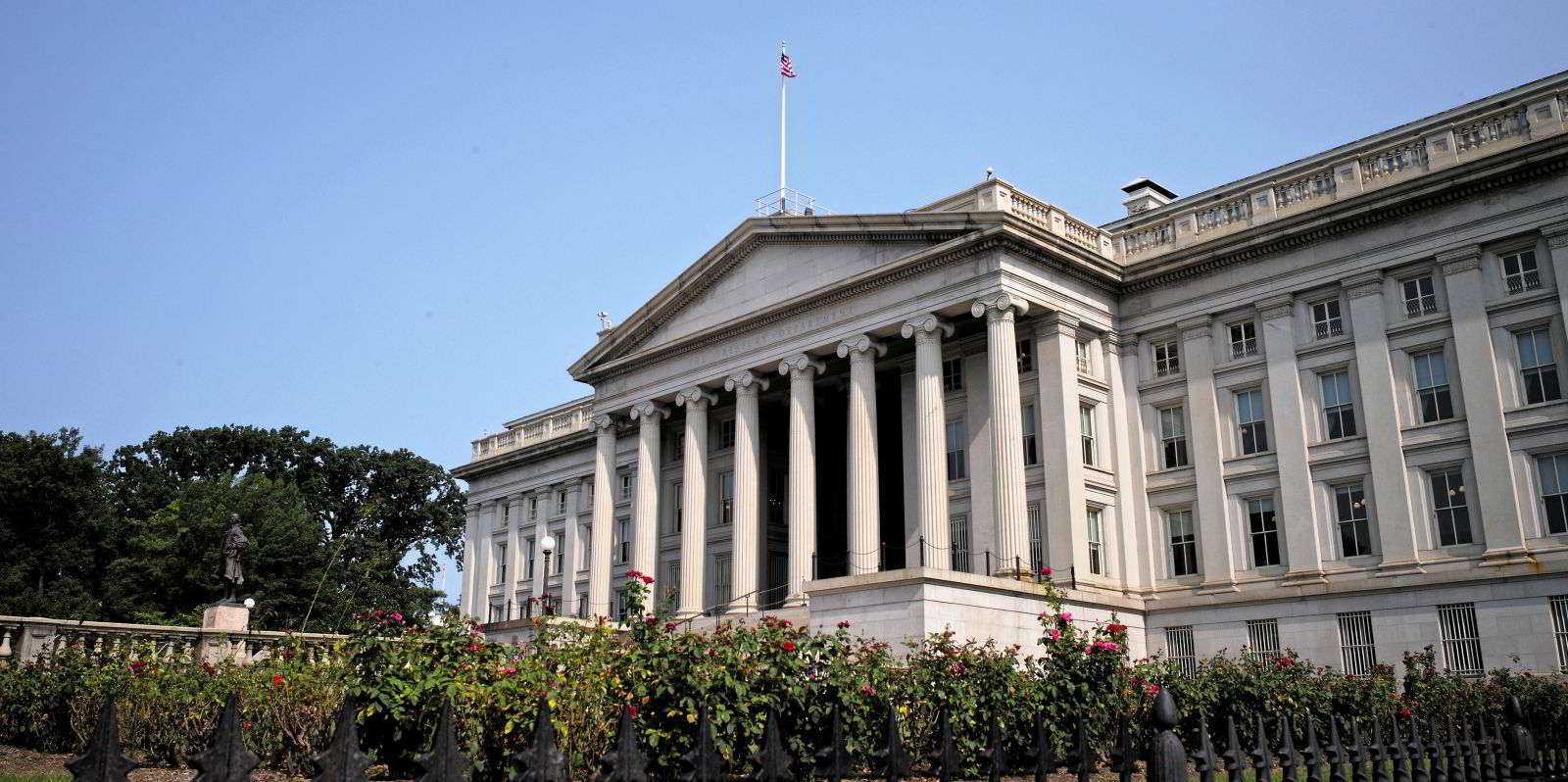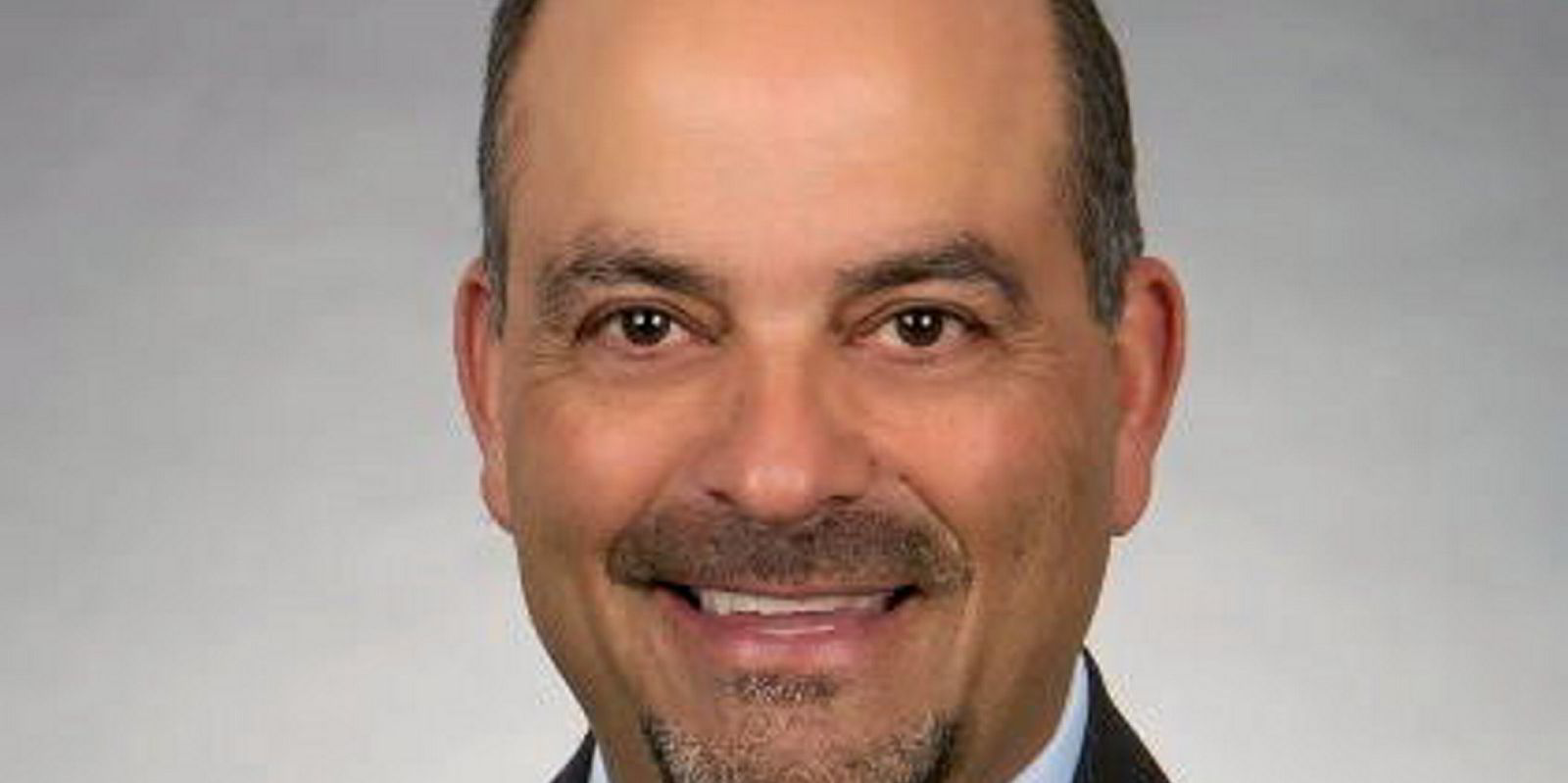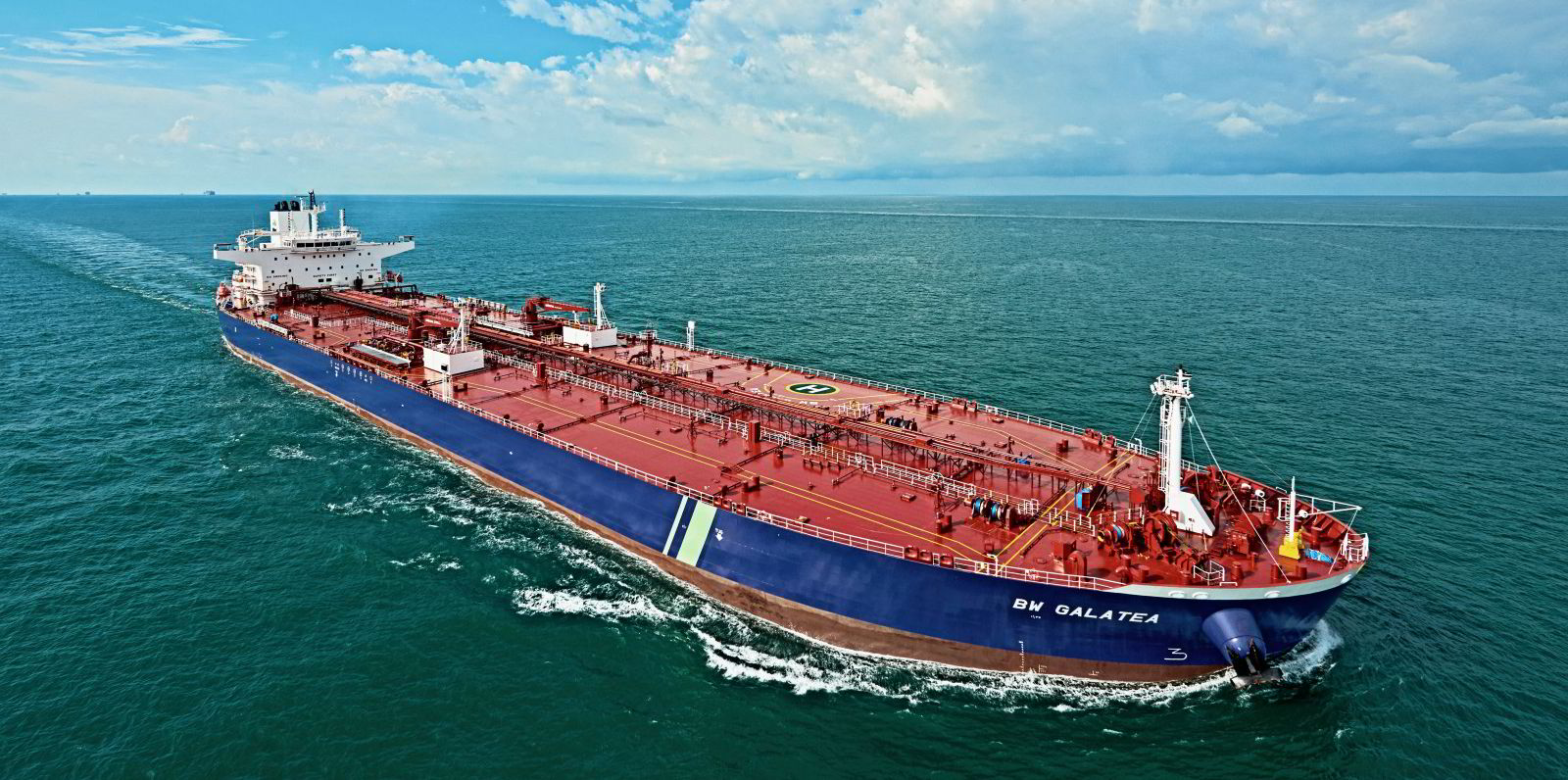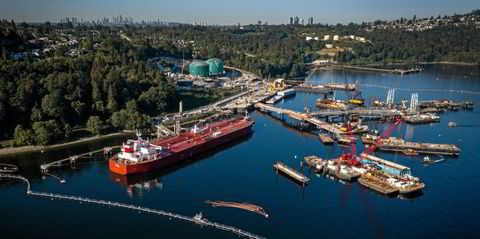Questions around the G7 Russian oil price cap abound, but not for lack of trying from the International Group of P&I Clubs.
The trade group lobbied governments for changes to price cap rules to make things more comfortable for shipping, Skuld vice president Nik Ivanov and Shipowners Claims Bureau chief operating office Dan Tadros said at the annual HACC-NACC Shipping Conference in New York on Tuesday.
“When we first got there, the original version of this oil cap, the price cap included the word ‘shipper’, because to the US government, ‘shipper’ meant the ship, the charterer, the supplier, anyone who gets the oil,” said Tadros, who sits on the International Group’s sanctions committee and held discussions with US government officials on the rules. “That’s not how it works.
“We sat there for two days explaining to them that there’s a big difference between a shipowner that’s just going to carry the oil [and a charterer].
“They have no idea how much the oil was sold for.”
He said lobbying on the part of the International Group resulted in the creation of the US safe harbour provisions, where as long as a shipping company acts in good faith, it could escape punishment for cap violations.
“The International Group worked very hard, both meeting with US governments and governments in the EU and UK to make sure they understood how the shipping market works.”
Ivanov said the International Group was able to add carveouts for maritime emergencies.
Oil price cap guidance from the US published last Friday provides a general license for all transactions necessary to address emergencies related to the health or safety of the crew or environment.
“The International Group liaised with the sanctions authorities in the UK, the European Union and the US to negotiate with and implement a carve-out to allow ships to trade and if there's a maritime emergency” to not run afoul of sanctions, Ivanov said.
He did note other issues are still to be sorted out with the sanctions: While the US has the safe harbour provisions Tadros helped to negotiate, no such measures exist in the EU.
“If you've exercised good faith ... then you're given a level of protection by [the US Office of Foreign Assets Control],” Ivanov said.

“[The EU] requires due diligence. What that means is anyone’s guess. Lawyers know that’s a moveable feast sometimes.
“It puts a great deal of uncertainty on how the attestation process will work.”
The 5 December price cap on crude oil, agreed by the G7 countries and Australia, was set at $60 per barrel.
If crude oil is at or below that price, shipowners and service providers based in those countries can participate in that trade.
On Sunday, a similar cap was set on Russian oil products, with a $100 per barrel limit set on refined products like gasoline and diesel and a $45 per barrel limit on products that sell at a discount to crude like fuel oil.






